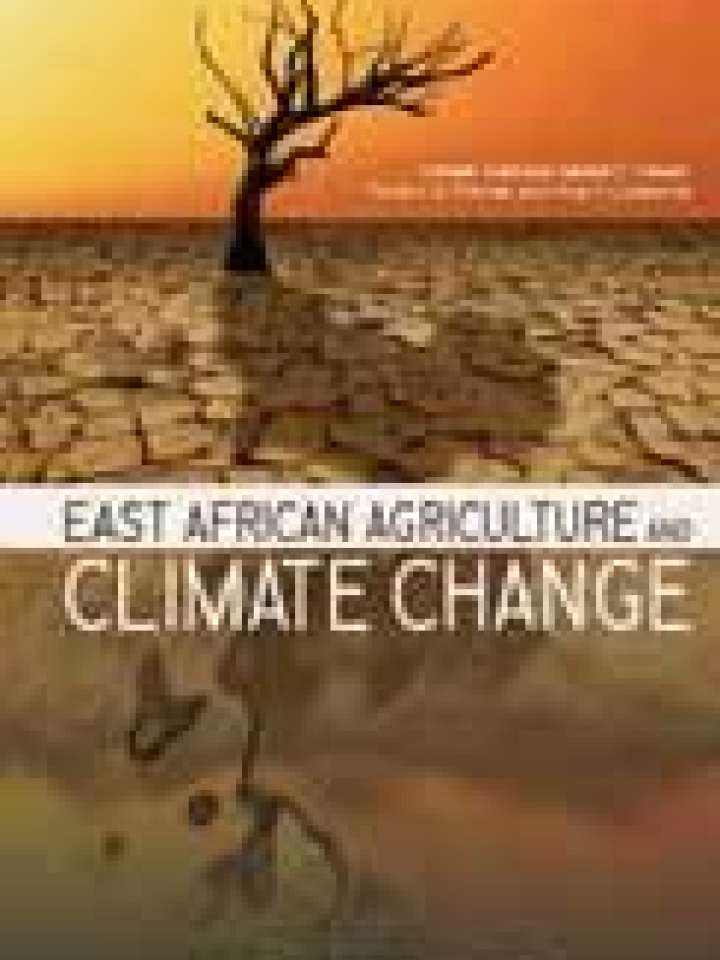East African agriculture and climate change: a comprehensive analysis
This book, which is second of three books in IFPRI's climate change in Africa series, examines the food security threats facing Burundi, Democratic Republic of Congo, Eritrea, Kenya, Madagascar, Rwanda, Sudan, Tanzania, and Uganda and explores how climate change will increase the efforts needed to achieve sustainable food security throughout the region. East Africa's populations is expected to grow at least through mid-century. The region will also see income growth. Both will put increased pressure on the natural resources needed to produce food, and climate change makes the challenges greater. East Africa is already experiencing rising temperatures, shifting precipitation patterns, and increasing extreme events. Without attention to adaptation, the poor will suffer.
Through the use of hundreds of scenario maps, models, figures, and detailed analysis, the editors and contributors of this document present plausible future scenarios that combine economic and biophysical characteristics to explore the possible consequences for agriculture, food security, and resources management to 2050. They also offer recommendations to national governments and regional economic agencies already dealing with the vulnerabilities of climate change and deviations in environment.
The document is aimed at helping policymakers and researchers shaping policy and studying the various and likely consequences of climate change.
Explore further
